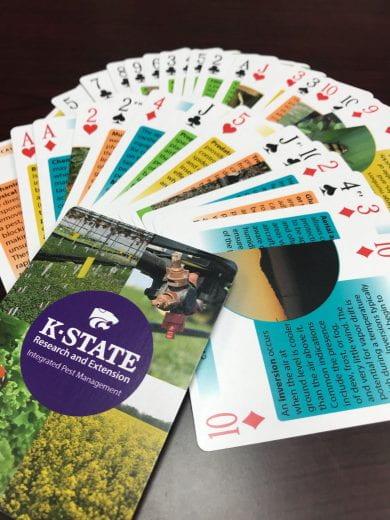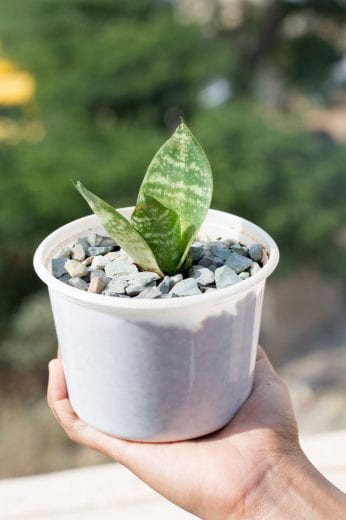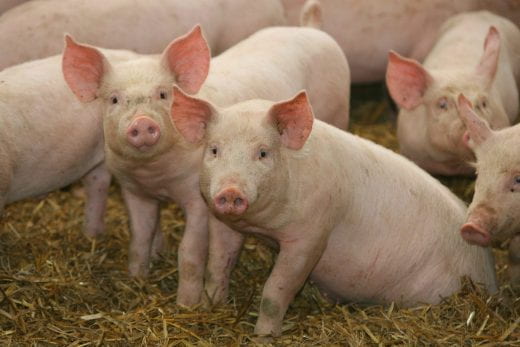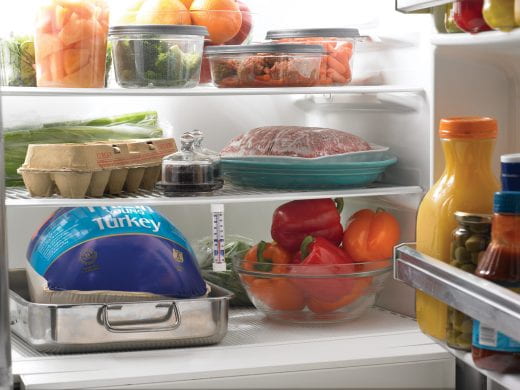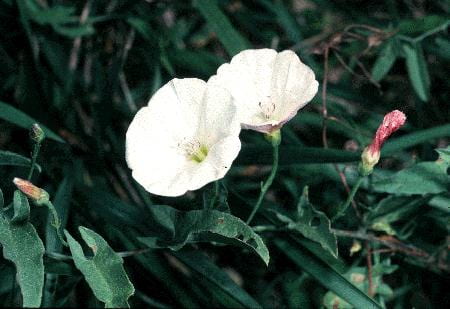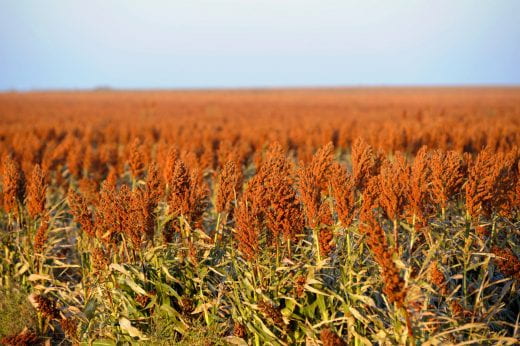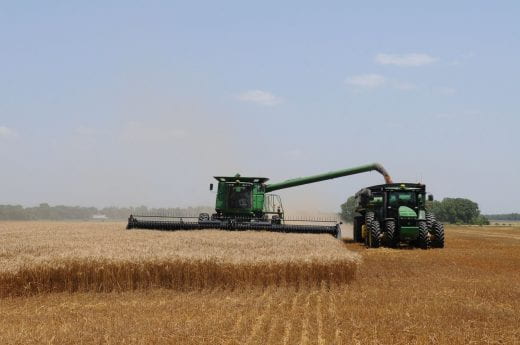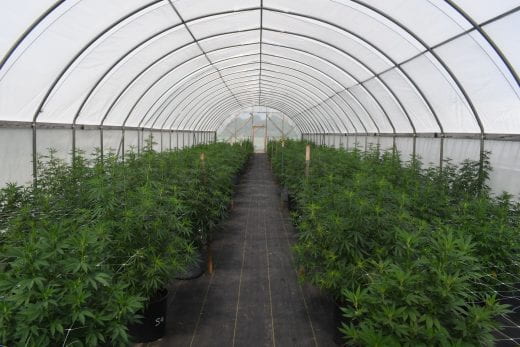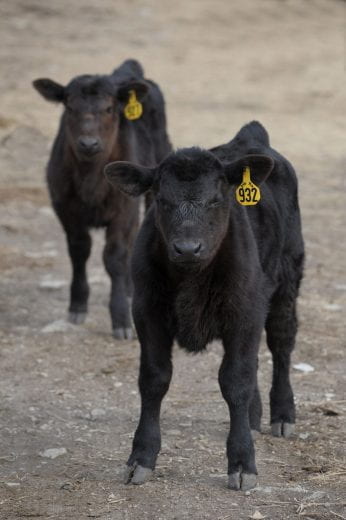 Welcome to Better Kansas, where every Thursday we shed light on events, resources and other information designed to make your life, businesses, communities and state better. Share on social media and don’t forget to subscribe! – Mary Lou Peter mlpeter@ksu.edu
Welcome to Better Kansas, where every Thursday we shed light on events, resources and other information designed to make your life, businesses, communities and state better. Share on social media and don’t forget to subscribe! – Mary Lou Peter mlpeter@ksu.edu
Better Living, Better Communities
 WHEN YOU LOOK AT YOUR ONE-YEAR-OLD, you see a future Supreme Court Justice or the CEO of a Fortune 500 company, right? Surely, he’s more verbal than most. And she started walking earlier than your friend’s child! Truthfully, we mostly want to know our children are developing at a rate typical for their age (or maybe a bit faster 😊). It’s hard not to compare our kids to our cousin’s or neighbor’s … or even to their own siblings. For an objective look at typical milestones, check Developmental Milestones: The First Year. And please take what that friend of a friend of a friend says about your kiddo with a big grain of salt! True confessions, I was so concerned with how late one of my children started walking, we asked our pediatrician for a referral to the medical center at, you know, that other university … just to double check. That kiddo turned out to be an athlete. You never know!
WHEN YOU LOOK AT YOUR ONE-YEAR-OLD, you see a future Supreme Court Justice or the CEO of a Fortune 500 company, right? Surely, he’s more verbal than most. And she started walking earlier than your friend’s child! Truthfully, we mostly want to know our children are developing at a rate typical for their age (or maybe a bit faster 😊). It’s hard not to compare our kids to our cousin’s or neighbor’s … or even to their own siblings. For an objective look at typical milestones, check Developmental Milestones: The First Year. And please take what that friend of a friend of a friend says about your kiddo with a big grain of salt! True confessions, I was so concerned with how late one of my children started walking, we asked our pediatrician for a referral to the medical center at, you know, that other university … just to double check. That kiddo turned out to be an athlete. You never know!
 I WAS IN WALMART LAST WEEK AND THE GARDEN CENTER ALREADY HAD CHRISTMAS TREES FOR SALE …. not real ones, but still! That means the end of the year is fast approaching, making this a good time to do a comprehensive financial checkup. You know, before you start holiday shopping and such. A great way to start is with How Are You Doing? A Financial Checkup. It’s like an interview with yourself, raising topics like “I keep financial records organized and can find important documents easily” and “I avoid impulse purchases and don’t use shopping as a form of recreation.” WHAT?! There’s something wrong with that?! Take a look. Very good info.
I WAS IN WALMART LAST WEEK AND THE GARDEN CENTER ALREADY HAD CHRISTMAS TREES FOR SALE …. not real ones, but still! That means the end of the year is fast approaching, making this a good time to do a comprehensive financial checkup. You know, before you start holiday shopping and such. A great way to start is with How Are You Doing? A Financial Checkup. It’s like an interview with yourself, raising topics like “I keep financial records organized and can find important documents easily” and “I avoid impulse purchases and don’t use shopping as a form of recreation.” WHAT?! There’s something wrong with that?! Take a look. Very good info.
 AS TIME GOES ON, I INCREASINGLY KNOW PEOPLE AFFECTED BY DEMENTIA. I’ll bet you do, too – a friend, relative, colleague or maybe a caregiver. Whether you’re a concerned neighbor, friend or just curious about dementia and therapies using music, art and humor, attend the free Personhood and Dementia Workshop 2019 in Manhattan on Thursday, Nov. 7 at the Bluemont Hotel. The day features Linda Zimmer, who developed therapeutic strategies when her own mother developed dementia. Zimmer has a background in creative arts and as a puppeteer on Mister Roger’s Neighborhood. The morning session runs 9-11 a.m.; the afternoon 1-3 p.m. There is no registration and you’re welcome to come to either or both!
AS TIME GOES ON, I INCREASINGLY KNOW PEOPLE AFFECTED BY DEMENTIA. I’ll bet you do, too – a friend, relative, colleague or maybe a caregiver. Whether you’re a concerned neighbor, friend or just curious about dementia and therapies using music, art and humor, attend the free Personhood and Dementia Workshop 2019 in Manhattan on Thursday, Nov. 7 at the Bluemont Hotel. The day features Linda Zimmer, who developed therapeutic strategies when her own mother developed dementia. Zimmer has a background in creative arts and as a puppeteer on Mister Roger’s Neighborhood. The morning session runs 9-11 a.m.; the afternoon 1-3 p.m. There is no registration and you’re welcome to come to either or both!
Better Farming, Ranching and Gardening
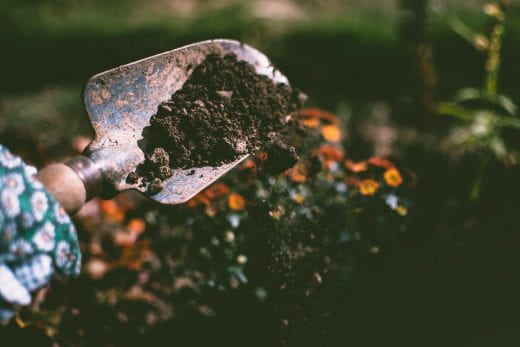 IT’S COOLER AND DAYLIGHT IS GETTING SHORTER, so it’s hard to think ahead about next year’s garden, but fall is a very good time to test your soil. Testing labs are generally less busy and soils don’t tend to be waterlogged like they are in the spring. Soil testing can reveal fertility, pest problems and more, and you’ll have more time to correct them before the planting bug (yes, I did say that!) hits in the spring. That and several other topics are covered in the Oct. 8 Horticulture Newsletter. There’s even a how-to video for those of us who learn better by watching than reading :).
IT’S COOLER AND DAYLIGHT IS GETTING SHORTER, so it’s hard to think ahead about next year’s garden, but fall is a very good time to test your soil. Testing labs are generally less busy and soils don’t tend to be waterlogged like they are in the spring. Soil testing can reveal fertility, pest problems and more, and you’ll have more time to correct them before the planting bug (yes, I did say that!) hits in the spring. That and several other topics are covered in the Oct. 8 Horticulture Newsletter. There’s even a how-to video for those of us who learn better by watching than reading :).
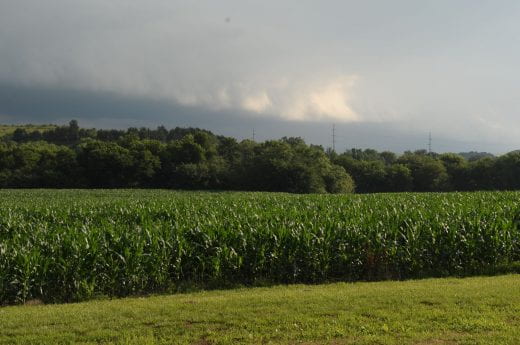 COMMUNICATION IS NOT EVERYONE’S STRONG SUIT, BUT IT’S KEY IN RELATIONSHIPS OF ALL KINDS and no more so than when transitioning the family farm … or really any business … from one generation to the next. A parent may not be quite ready to let go of the decision-making. A son may have a different vision of where the business should go. And then there’s the niece who has the skills and interest to build on what you’ve been growing for years. If you’re even close to going down this path, Transition Planning: 12 Steps to Keep the Family Farming provides tips to consider. Your local K-State Research and Extension office can also guide you to even more resources.
COMMUNICATION IS NOT EVERYONE’S STRONG SUIT, BUT IT’S KEY IN RELATIONSHIPS OF ALL KINDS and no more so than when transitioning the family farm … or really any business … from one generation to the next. A parent may not be quite ready to let go of the decision-making. A son may have a different vision of where the business should go. And then there’s the niece who has the skills and interest to build on what you’ve been growing for years. If you’re even close to going down this path, Transition Planning: 12 Steps to Keep the Family Farming provides tips to consider. Your local K-State Research and Extension office can also guide you to even more resources.
 AT THIS TIME OF YEAR, COW-CALF PRODUCERS ARE VIGILANT about doing what they can to make sure their herds go into the harsher winter months as healthy as possible. A recent Beef Cattle Institute podcast on Agriculture Today delves into providing proper trace mineral supplementation and vaccinations this fall to give animals the best chance of getting through the winter healthy. Other podcast topics are a livestock market update, information on National 4-H Week and more. Listen in.
AT THIS TIME OF YEAR, COW-CALF PRODUCERS ARE VIGILANT about doing what they can to make sure their herds go into the harsher winter months as healthy as possible. A recent Beef Cattle Institute podcast on Agriculture Today delves into providing proper trace mineral supplementation and vaccinations this fall to give animals the best chance of getting through the winter healthy. Other podcast topics are a livestock market update, information on National 4-H Week and more. Listen in.
_
For more resources and activities, contact the K-State Research and Extension office in your area. Check out our other blogs and subscribe to our weekly emails here: https://www.ksre.k-state.edu/news/blogs/

